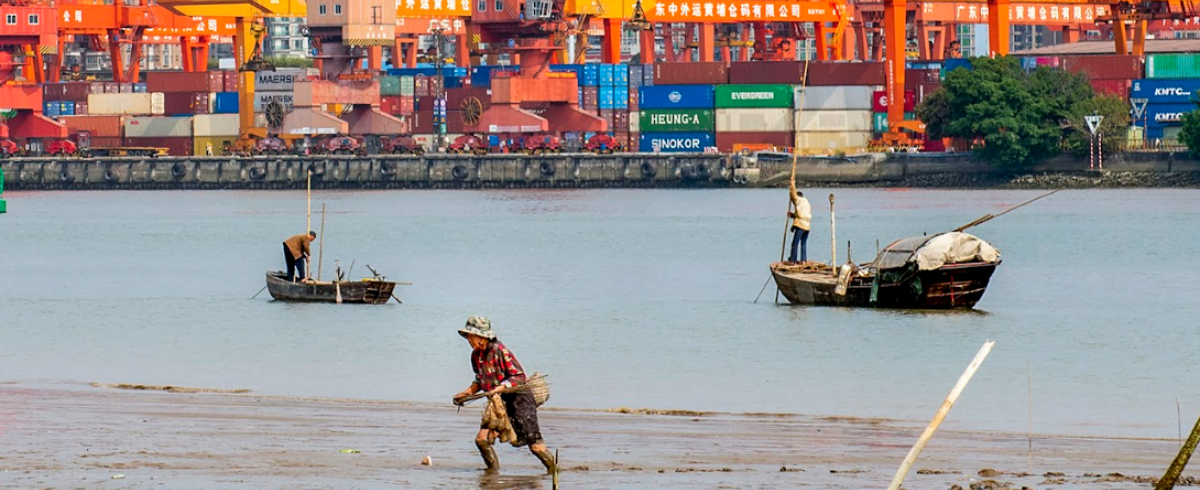
This article is part of the SSF Highlights series of articles published regularly to the SSF Hub. To read previous SSF Highlights, follow this link.
This article is part of the SSF Highlights series of articles published regularly to the SSF Hub. To read previous SSF Highlights, follow this link.